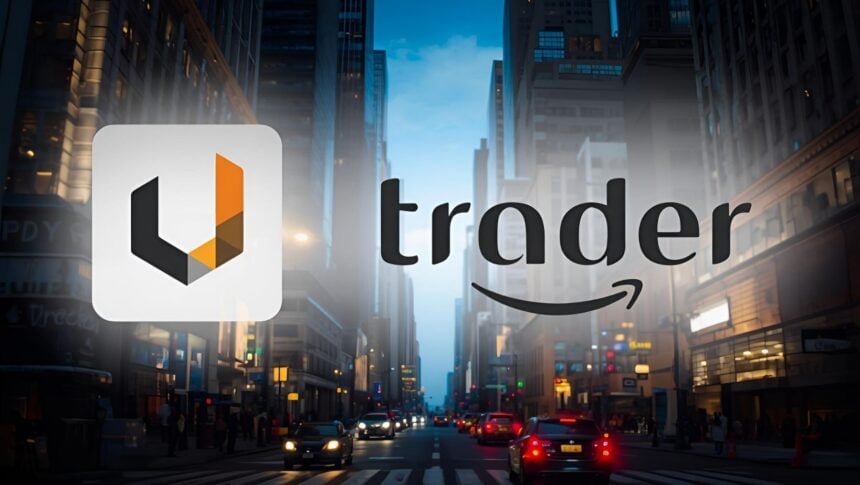On September 26, the Canadian Investment Regulatory Organization warned investors that a website called uTrader is pretending to be connected to Fortrade Canada Limited and to be a member of the national regulator.
CIRO said that both claims are false and that the site showed a “Regulated by CIRO” logo without permission.
The alert says that the domain is utrader.ca and that the operation also used Fortrade’s real business address to make it look more credible.
The regulator says that Fortrade Canada Limited is a real CIRO member.
CIRO said that uTrader’s use of the logo and mention of Fortrade’s address were part of a plan to make it look like they were properly registered.
The alert said, “Investors should know that uTrader is not a Member of CIRO and is not connected to Fortrade Canada Limited.” Here is CIRO’s warning: CIRO investor alert.
CIRO’s warning is the most recent in a series of warnings about businesses that either pretend to be regulated companies or suggest that they are registered when they are not.
The Financial Transactions and Reports Analysis Centre of Canada (FINTRAC) gave KuCoin operator Peken Global Limited a C$19.6 million administrative monetary penalty yesterday for not following anti-money laundering rules.
The watchdog has pointed out a number of these kinds of cases in the last few months. They often involve lookalike websites and the misuse of official seals, which can make first time investors think they are safe.
The regulator says these tactics try to get around normal due diligence by using brand recognition and well-known addresses.
The alert makes it clear that there is a simple step anyone in Canada can take to check out a broker or trading platform.
The Canadian Securities Administrators National Registration Search lets investors look up a company or person.
They can also call CIRO’s Complaints and Inquiries team to make sure that someone who says they work for a regulated dealer really does.
If you think you have been targeted, CIRO also suggests getting in touch with your bank, the police in your area, a provincial securities commission, and the Canadian Anti-Fraud Centre.
Using a regulator’s logo without permission can be very powerful. A familiar badge on a homepage can look like a green light, which is why impersonation is still a popular way for new investors to commit online investment fraud. The risk isn’t just in Canada.
People in the U.S. who see platforms advertising Canadian credentials or badges should take those claims with a grain of salt until they can be checked through an official registry.
The same goes for addresses: scammers often use real office addresses to make fake companies look real, and then they use email, chat apps, or phone numbers that aren’t linked to the real company to talk to people.
CIRO’s alert didn’t say that Fortrade did anything wrong; it said that another business was using its name without permission.
Before sending any money, make sure that the legal entity name, registration number, and contact information on the regulator’s site match those of the company you already have an account with that has a CIRO logo or says it is connected to a known dealer.
If any of those details don’t match the registry, stop making payments until you hear from the real company or the regulator.
The uTrader case also shows how quickly fraudsters change their ways in response to news and changes in the law.
Some sites add seals and “verification” claims at sign-up to stop questions before they happen. This is because anti-fraud warnings are becoming more visible.
Some people use the addresses or executives of real companies to pass a quick glance test.
That makes investors feel like they have to slow down, double-check a company’s legal name, and get in touch through official numbers or portals instead of links or pop-ups.
CIRO’s alert has a checklist that is both familiar and useful. Do not give out personal or financial information until you are sure who the company is. Report any activity that uses CIRO’s name but isn’t registered.
If money has already changed hands, call your bank and the police right away.
None of these steps will guarantee recovery, but they do make it more likely and help regulators keep an eye on patterns that could lead to takedowns or domain suspensions.




















